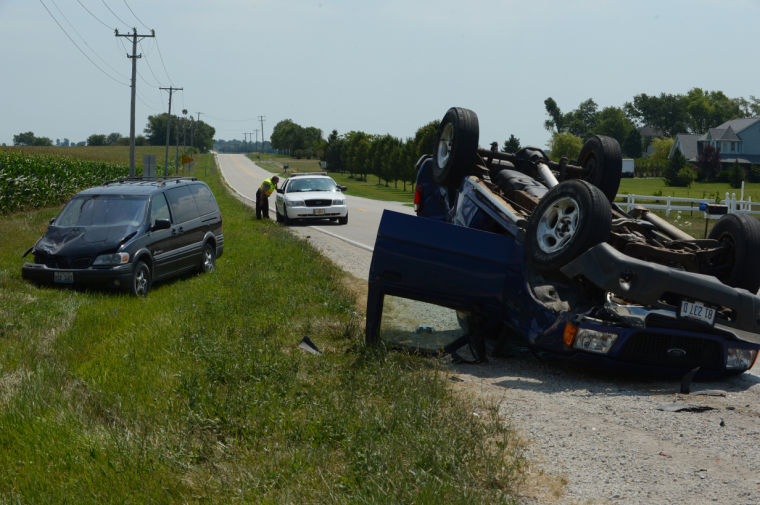Researchers: David Noyce (PI), Andrea Bill, Madhav Chitturi
Primary Project Objectives
This research focuses on testing a collision avoidance system to be used in rural settings. Many fatal crashes occur at intersections, especially those in rural areas controlled only by a stop sign that cross high-volume multilane highways. Traffic crashes and resulting fatalities are significant public health issues and developing a system to support driver decision making for crossing from the minor road.

The objective of this research is to evaluate the effectiveness of a Wisconsin-based RICAS system originally developed by the University of Minnesota for US DOT. RICAS system uses intelligent technology installed along the roadside to measure gap sizes in the mainline traffic and support driver decision making for crossing from the minor road. Data collected over a period of many months will be used to determine variability in gap assessment and intersection negotiation methods, taking into consideration factors such as mainline traffic conditions, weather, time of day, etc.
